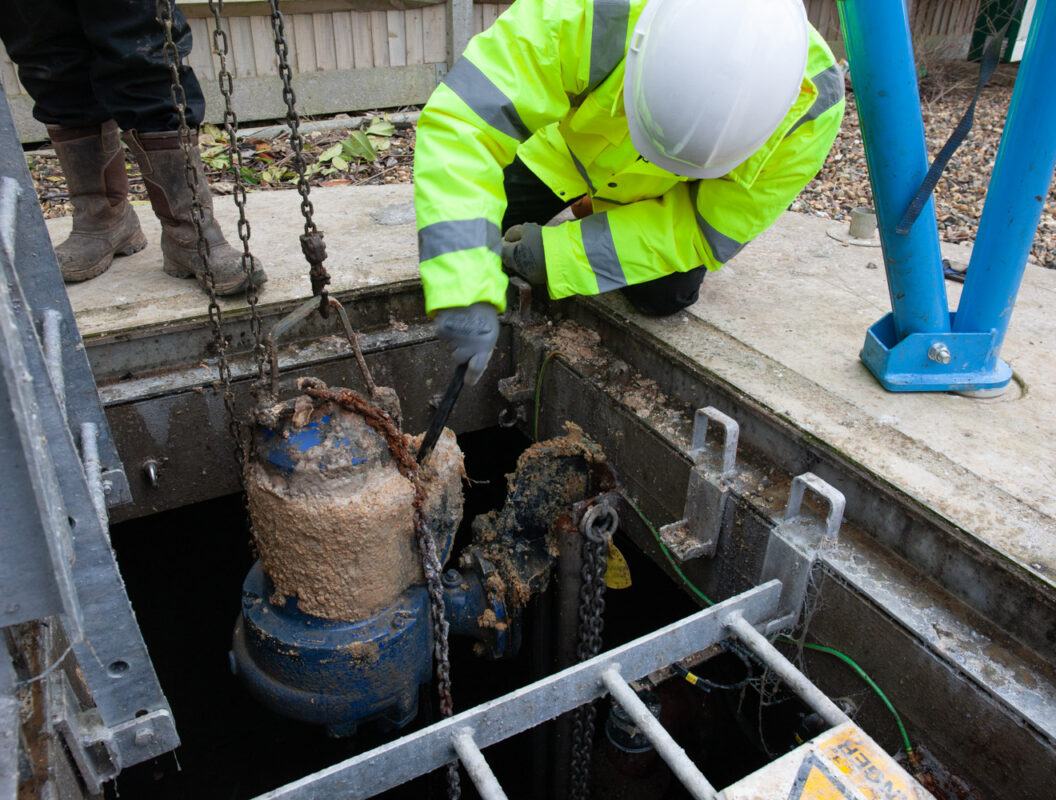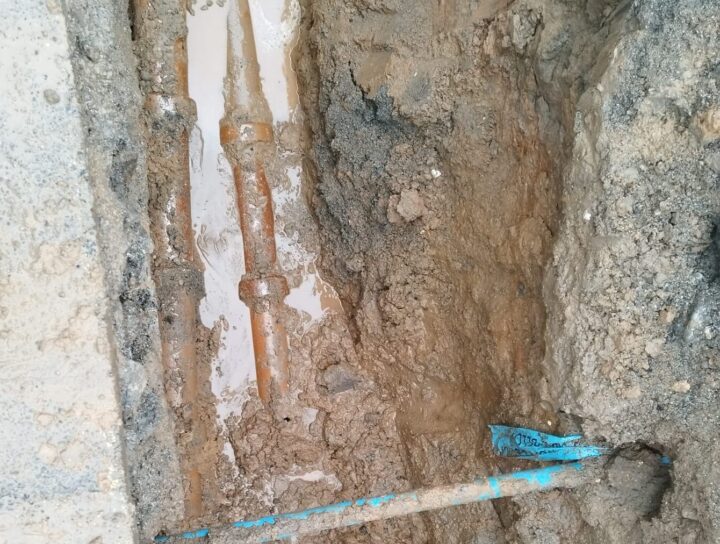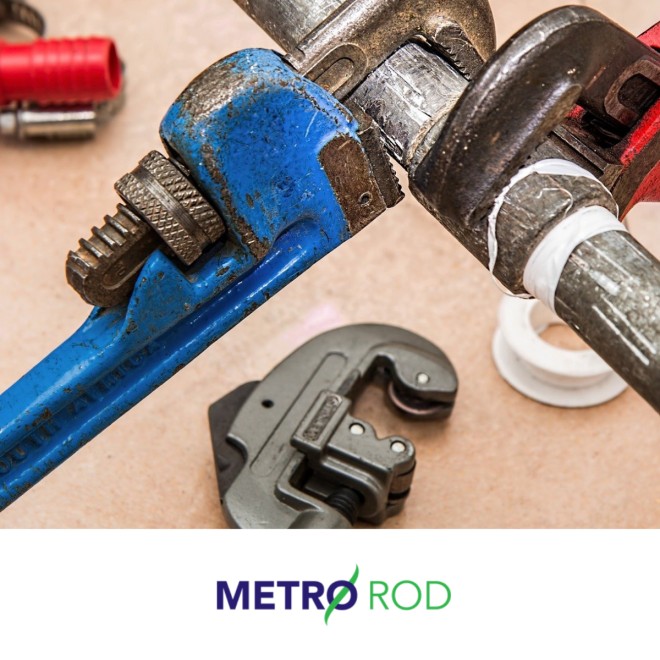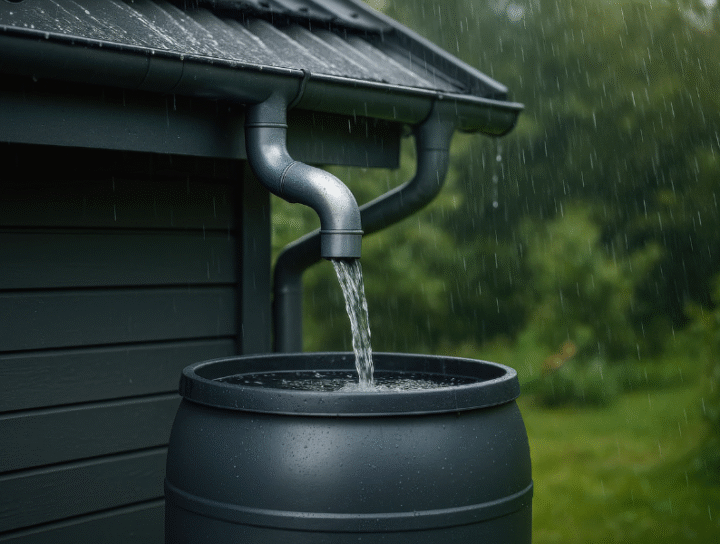Metro Rod’s pump expert and technical manager, Tony Anscombe, explains how to maintain sewage pumps.
Helping property managers understand the steps they can take to minimise disruption for their tenants and keep water and waste flowing.
Why do we use pumping stations?
Pumping stations are used to pump waste into sewage systems, either to help properties connect to the systems or to help pump the waste flow to the sewer when there are more properties than the regular sewer can handle.
What is the maximum capacity of the sewage pumps? Are they capable of handling the wastewater needs of an entire residential building without risk of overload or backup?
All pumping stations are designed to cope with the amount of properties supplying the pumping station so the risk of it overloading is minimal.
How reliable are sewage pumps? What is the average lifespan, and what maintenance is required to ensure longevity?
Sewage pumps are very reliable when they are looked after with servicing and maintenance.
How easy are sewage pumps to install? What ongoing maintenance is required, and can it be done by in-house maintenance staff, or is specialized expertise needed?
This depends on the design and manufacturer of the sewage pumps, they are normally easy to install and remove for servicing or maintenance.
What backup systems are in place in case of pump failure? Is there redundancy built into the sewage system to prevent disruptions in service?
Normally a pump chamber will have two sewage pumps so you have a backup pump available, and the pumps will take turns to run when the stop float is lowered so they share the load and one doesn’t burn out faster than the other.
What is the environmental impact of the sewage pumps? Are there eco-friendly options available that minimise energy consumption or utilize sustainable materials?
The main environmental impact of sewage pumps is to stop waste from entering water courses or spilling onto land.
What safety features do the sewage pumps have to prevent accidents or malfunctions? Are there any potential hazards associated with their operation?
Sewage pumps are powered by electricity and have control boxes to operate them, these control boxes have a protective circuit and overloads in case of emergency.
What is the initial cost of purchasing and installing sewage pumps? Are there ongoing costs associated with maintenance, repairs or replacements?
The cost of a pump station will depend on the size of the pump station and amount of properties entering the chamber.
Do the sewage pumps meet all regulatory standards and requirements for wastewater management? Are there any permits or certifications necessary for their installation and operation?
Pumping stations need to comply with the water authority and electrical certification requirements when new pumping stations are installed.
We work with our sister company, Willow Pumps, to also provide clean water pumps for the circulation of clean water. Can you tell us about these pumps? What are they and what services to we over?
Clear water pumps are also called booster pumps or above-ground pumps. The vary from single pumps to up to 5+ booster pumps depending on how many floors and how many flats or apartments it is needed to feed press water to.
We can install, maintain and service booster pumps, and we will ensure that you get the best booster pump for you needs.

Talk to your local Metro Rod specialist
We are always happy to arrange a free site assessment and no obligation quotations for any work you might need. Alternatively, you can call our emergency hotline number on 0800 66 88 00
Get in touch Drainage Services


